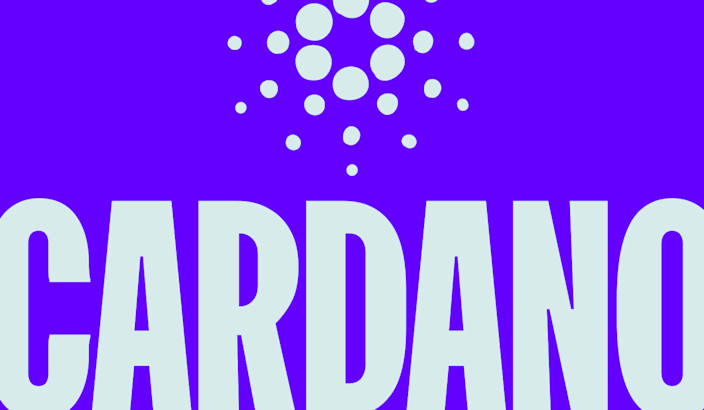What is Cardano?

Cardano is a decentralized public blockchain and cryptocurrency project that is focused on providing a more secure and scalable platform for the development and execution of smart contracts and decentralized applications (DApps). It was founded in 2017 by Charles Hoskinson, one of the co-founders of Ethereum.
Like Ethereum, Cardano is a smart contract platform that allows developers to build and deploy DApps on its network. However, there are some key differences between the two platforms:
Cardano has a multi-layer architecture that separates the settlement layer (which handles the transfer of value) from the computation layer (which handles the execution of smart contracts and DApps). This separation is intended to improve the scalability and interoperability of the platform. Ethereum, on the other hand, has a single-layer architecture that combines the settlement and computation layers.
The development of Cardano is guided by a scientific philosophy, with a strong emphasis on research and peer review. Ethereum, on the other hand, has a more agile development approach that allows for faster iteration and deployment of new features.
Consensus
Cardano uses a proof-of-stake (PoS) consensus algorithm called Ouroboros, which is designed to be more energy-efficient and secure than proof-of-work (PoW) algorithms like the one used by Bitcoin. Ouroboros allows network participants (called "validators") to stake their Ada tokens and participate in the consensus process by validating blocks of transactions. Validators who act honestly and follow the protocol rules are rewarded with a share of the transaction fees and a small amount of new Ada.